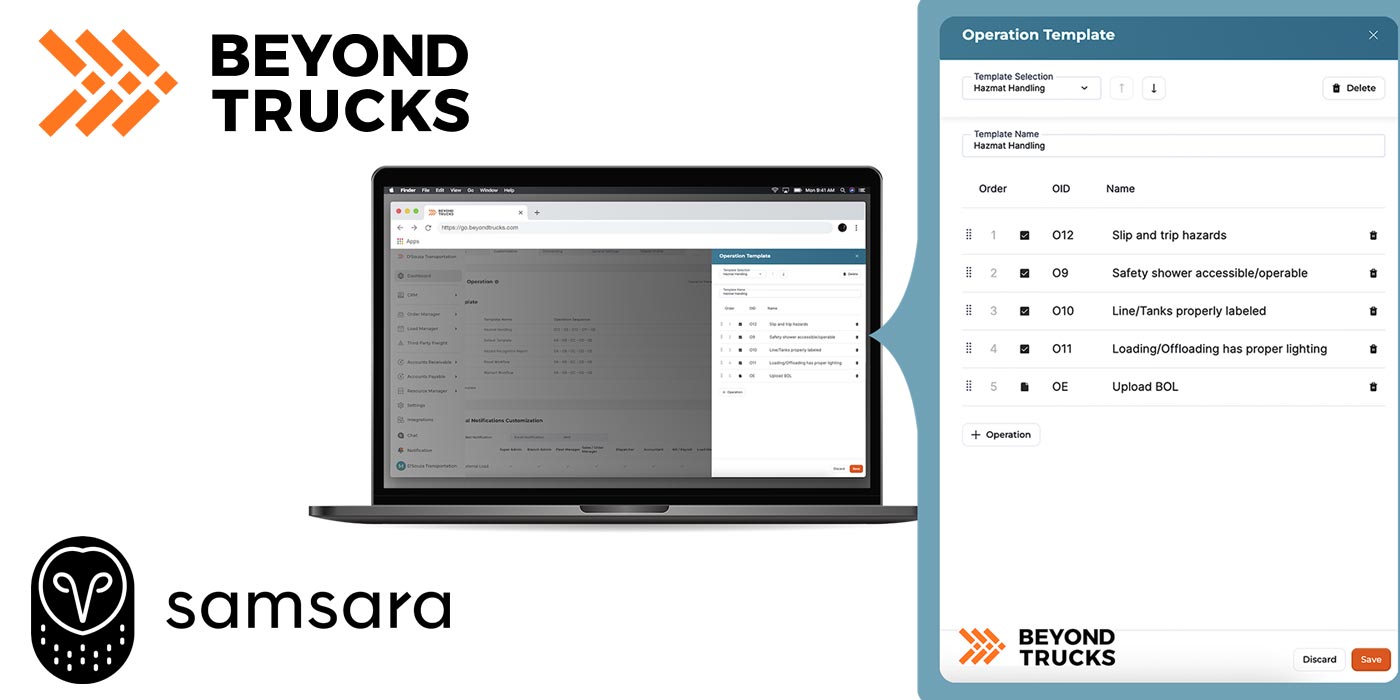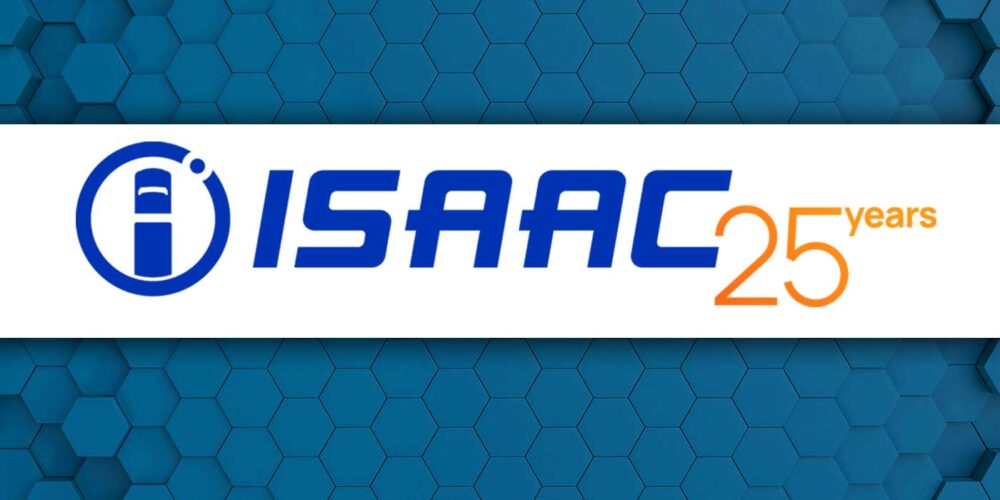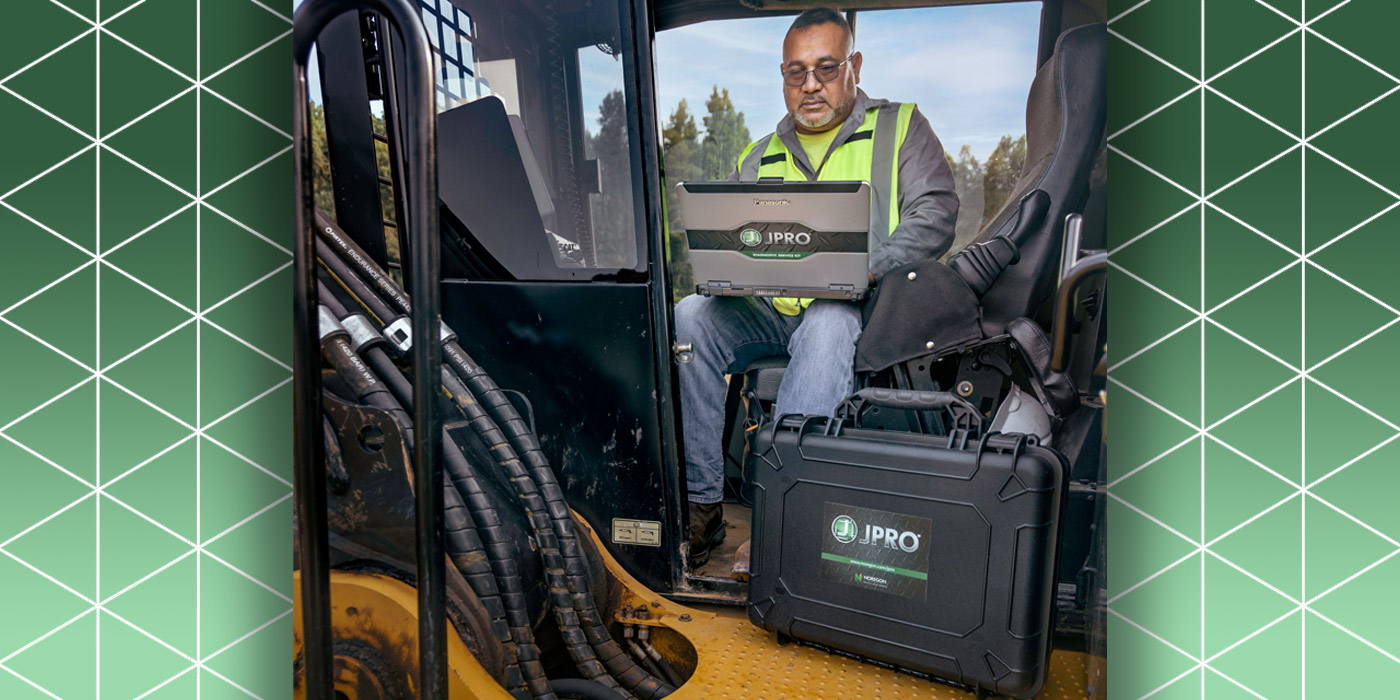Before digitization was more a choice than the norm, deliveries taking several weeks and even delayed deliveries were considered normal. These days, as customers are used to getting everything done with a few taps, waiting days upon days for their deliveries is not an option. In fact, one of the top demands from consumers is faster delivery. The concept of deliveries that take seven working days—or even two days—is just not good enough for customers anymore. They’re more than happy to pay a little extra for same-day, or even same-hour, delivery. According to a study conducted by PWC, 41% of consumers will pay an add-on fee for same-day delivery, and 24% consumers are even open to pay extra to receive their packages within one to two hours.
Businesses are turning to specialized delivery management systems to meet the expectations for reasonably-priced speed and ease. There are a variety of software solutions that cover various aspects of the delivery supply chain, from back-end operations management through last-customer touch points. But, what exactly are these systems and how do they work?
What it is and how it works
A delivery management system (DMS) essentially automates various tasks related to deliveries, some of which include:
• Order dispatches;
• Tracking consignments and/or vehicles;
• Allocating tasks to the right people; and
• Helping to plan the best route to take during the delivery.
Simply put, a delivery management system can quickly and easily create deliveries and manage them, enabling retailers to create deliveries for customers during the checkout process, without extra hassles or burdens on the retailer.
Using these systems provides a complete visibility of the logistics, enabling businesses to get an accurate ETA for deliveries. It also helps increase the chances of completing deliveries on time and with less expense, while using fewer resources.
These systems are a byproduct of digitization as they go hand-in-hand with the tech available to consumers. This is why delivery management systems are extremely popular. In fact, according to a recent study, the industry is estimated to reach a whopping $4 Billion by 2027. This is a clear indication that businesses across the globe are making use of DMS.
Benefits of using a delivery management system
A DMS streamlines the process of moving an item from the point of purchase to the recipient’s door, reducing the amount of time and money spent waiting for goods to arrive. Here are some advantages to a well-operated DMS.
- Faster Deliveries: By reducing the time it takes to deliver packages, your drivers will be able to make more deliveries within a time period. To do this, they must use the quickest and shortest delivery path possible to reach all of their destinations. Using a delivery management system enables you to provide better routing systems, thereby ensuring faster deliveries while taking away the burden from the drivers of figuring out the best route manually.
- Effective Driver Management: An efficient DMS can help dispatchers keep better track of drivers, and can move drivers to areas that might require a higher degree of coverage.
A delivery management system makes it easier to add or withdraw drivers from the system, while recording other important information (such as driver names and vehicle numbers). Moreover, drivers and dispatchers are able to directly connect, facilitating communications and real-time route tracking. - Enhanced Customer Satisfaction: By using a delivery management system, a company can manage its own delivery operations while creating a personalized customer experience.
For example, the software can provide you with real-time driver tracking data, which can also be shared with the customer. Additionally, automated status updates, especially during delays, and dispatcher routing information can help keep you and your customers continually informed. The more information customers have, the higher their satisfaction with your service.
Must-have DMS features
Now that you know the benefits of a delivery management system, it’s important to choose the right tools to make the most of it. Be sure your DMS has the following before you invest:
• Comprehensive Dashboard: Lets you oversee all delivery activities in one place, such as new cargo allocation, vehicle and driver tracking, as well as the ability to communicate with your drivers
• Real-time Vehicle Monitoring: Allows you to follow the whereabouts of a vehicle and consumers can see where their packages are at all times due to real-time tracking of vehicles.
• Tracking For End Customers: Permits customers to track your delivery vehicles and drivers, allowing them to see where their product is. They can also rate the delivery experience and offer feedback for improvement.
• Customer History Data: Provides access to information about previous and current deliveries for information such as order ID, tracking number, customer address and name.
• Automated Dispatch Management: Helps avoid the hassle of manually allocating delivery assignments by determining which driver is available. It can be done automatically by the tool.
• Optimization of Delivery Routes: Lays out the most efficient and quickest path possible to help speed up deliveries.
Making the most of DMS automation
The need for same-day delivery cannot be emphasized enough. Unfortunately, most businesses fall short of this expectation, with just slightly more than half providing same-day shipping. So, this is your chance to beat your competition and provide consumers a truly unique and beneficial experience. However, you need the right systems, technology, and talent to optimize the shipping and delivery process.
Jay Sackos is a vice president at Dolly.












